The unpredictable and dramatic story of Jay Z's Tidal, the music service trying to fight Apple and Spotify
Jörgen Adolfsson, Christer Månsson, and Klas Hallqvist, who went on to create Tidal-precursor Aspiro, met in 1995 while they working at Europolitan, one of the biggest telephone networks in Sweden.

They founded Aspiro in 1998, which sold a bunch of different services like interactive games, ringtones, horoscopes, and a system to send fax messages from your phone. Aspiro didn't sell direct to consumers, but instead sold its services to mobile networks that could include it as part of their bundles.
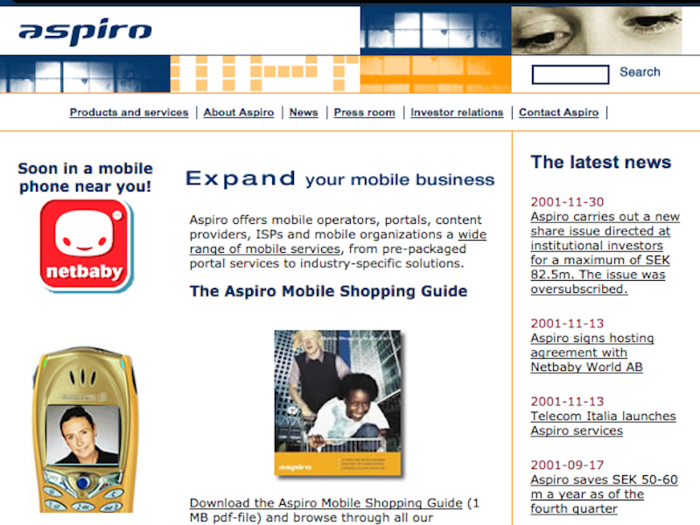
Aspiro's big advantage was partnerships with European phone manufacturers like Ericsson and Nokia. They allowed Aspiro's products to reach millions of customers.

In 2010, Aspiro worked with Platekompaniet, a Norwegian retail chain that sells CDs and DVDs, to create WiMP, its music-streaming service. What set this service apart from competitors was that it focused on delivering higher-quality audio than Spotify and Rdio (whose assets Pandora now owns). This made it popular with audiophiles.
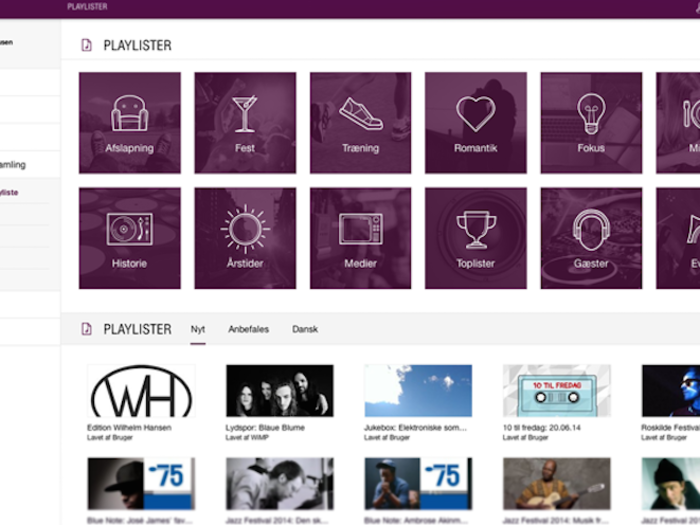
WiMP was a success so Aspiro decided to launch it across Europe. It used its time-tested strategy for growth: striking deals with telecom companies and hardware manufacturers to pick up customers. In English-speaking countries, it was named "Tidal," because they didn't want to call it "wimp."
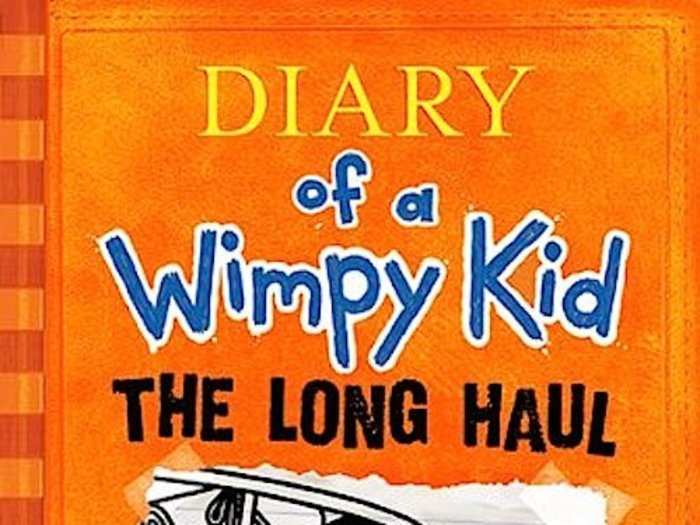
One mainstay of Aspiro/Tidal has been its tendency to change CEOs. In 2013, Andy Chen took the helm and ushered in a new era. Chen was an experienced public speaker who was good at hyping the high-quality nature of the streaming service. Aspiro began to feel more like a startup and less like an old telecom company.
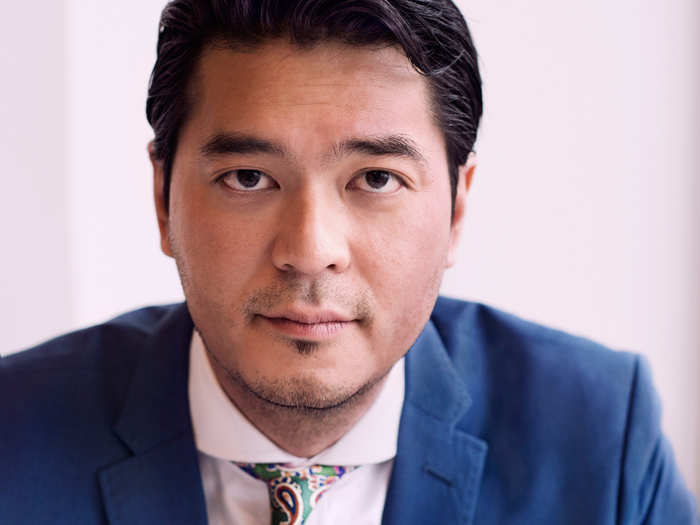
Though it was popular with hardcore music fans, Aspiro was struggling financially. The 2014 year-end financial report gave a gloomy outlook: "The company is not fully funded for the coming twelve months." The report continued, stating that, "the Board is considering various funding alternatives."
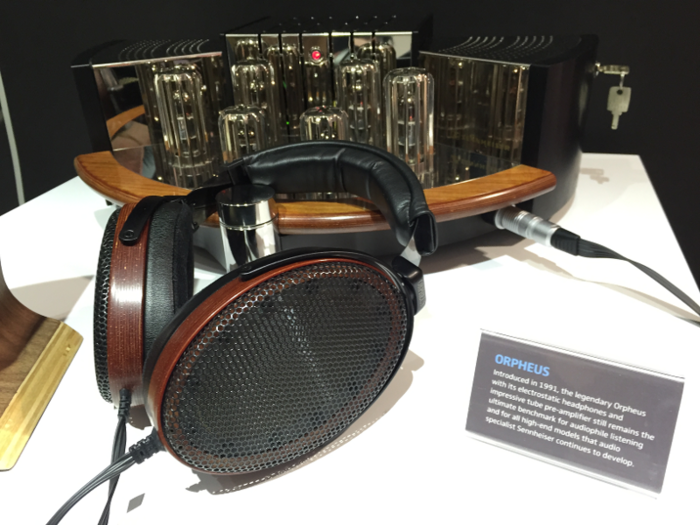
But everything changed in January, 2015. Jay Z announced his intention to buy Aspiro with a company he'd set up solely for that purpose. Jay Z's company said that it believed Aspiro to be "an innovative high-quality company with strong future growth potential." It was offering $56 million for the company, an offer that Aspiro's majority shareholder, Norwegian media company Schibsted, immediately accepted.
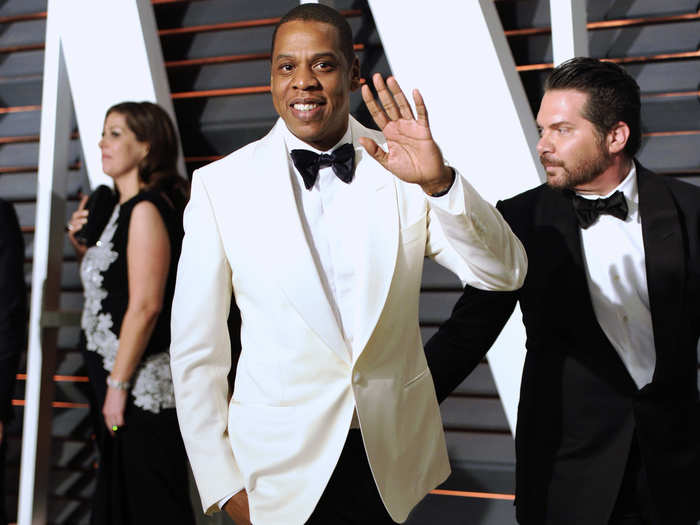
A group of minority shareholders in Aspiro grouped together to try and block the deal, but eventually they gave in.
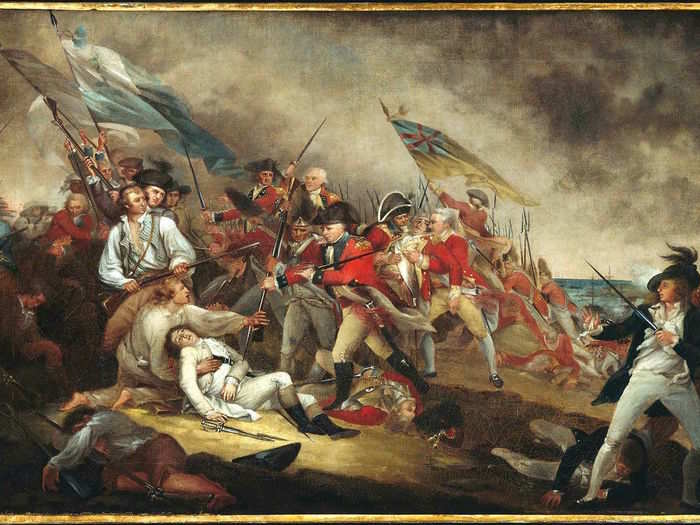
Jay Z hosted a secret meeting of future Tidal investors, artist managers, and record labels in Los Angeles in February at The Fig House. The stars were all in town for the Grammy Awards, held on February 8.
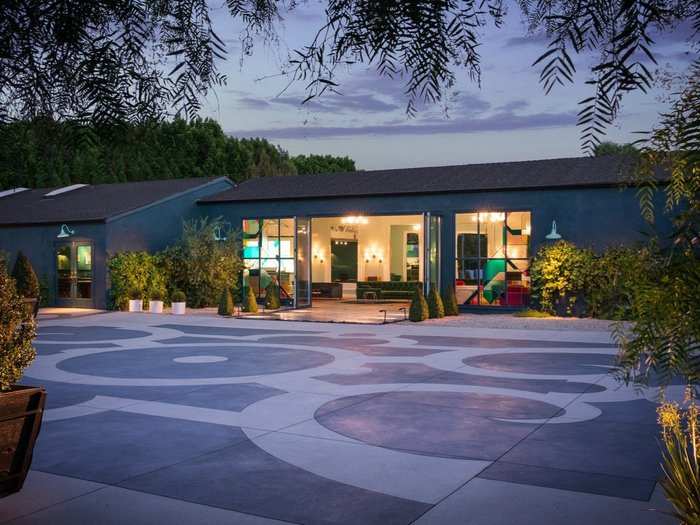
Showbiz 411 writer Roger Friedman wrote that the meeting was “lively,” and that Kanye West was “out of control.” In fact, Jay Z reportedly joked to attendees that he was West’s “interpreter.” Rihanna apparently arrived late to the meeting, only turning up when it was nearly over.
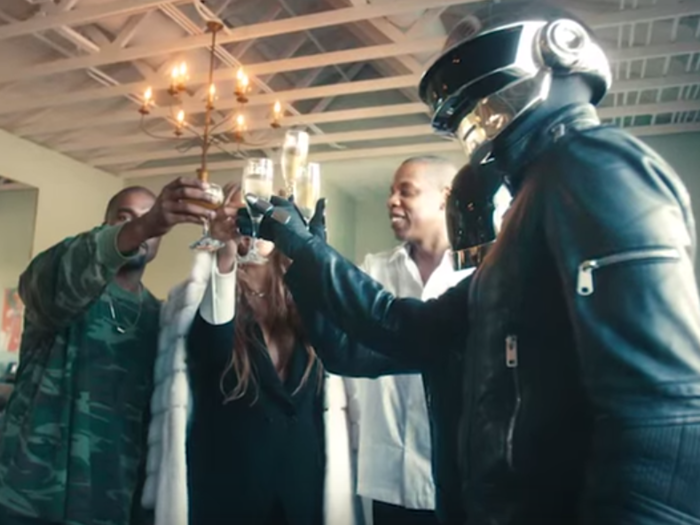
Tidal had its big relaunch party on March 30, 2015. It was meant to establish Tidal as an artist-backed alternative to Spotify or Pandora.
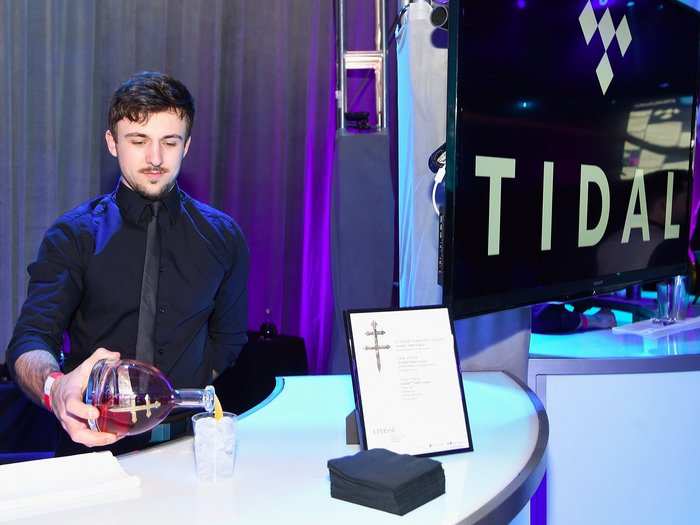
A group of big-name musicians turned up to go on stage and publicly support Tidal. Here's the list: Alicia Keys, Win Butler and Regine Chassagne from Arcade Fire, Beyoncé, Calvin Harris (appearing via a video call), Chris Martin from Coldplay (who was also there via a video call and shared a screen with Calvin Harris), Daft Punk, Jack White, Jason Aldean, J. Cole, Jay Z, Kanye West, Deadmau5, Madonna, Nicki Minaj, Rihanna, and Usher.

There was a significant backlash against Tidal after the coming-out party. The musicians on stage had promised to revolutionize the music industry, but many saw it as simply a bunch of rich artists looking to get richer.
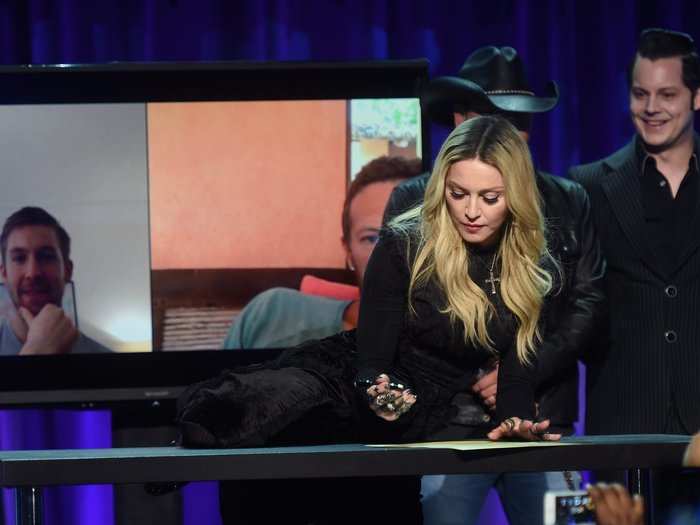
Shortly after the relaunch, word came that Chen was out as CEO. Swedish news site Breakit claimed that 25 employees in Aspiro's Norway office had also been "forced to leave." Tidal denied the job cuts, however, referring to them as "redundancies" and "streamlining."
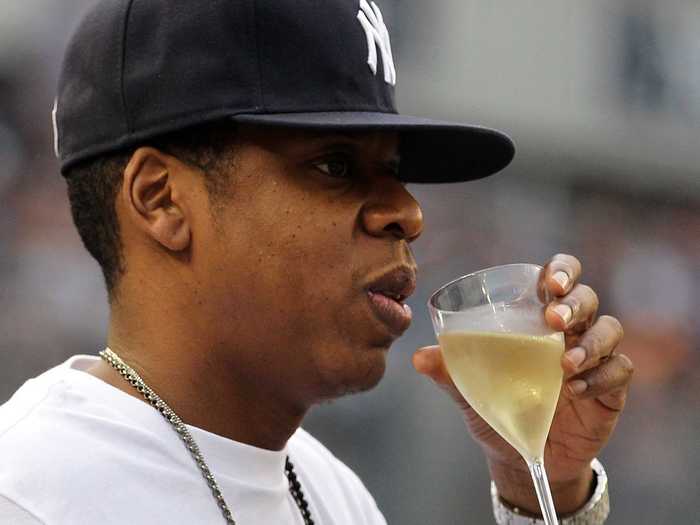
Jay Z didn't lie down after the backlash, he went on the offensive, calling out rival streaming services in a rap. See it below:

I don’t take no check. I take my respect
Pharrell even told me go with the safest bet
Jimmy Iovine on for the safety net
Google dig around a crazy check
I feel like YouTube is the biggest culprit
Them n----- pay you a 10th of what you supposed to get
You know I came in this game independent right?
Tidal, my own label, same difference
Oh, n----- is skeptical when it’s their own s---
You bought nine iPhones, and Steve Jobs is rich
Phil Knight is worth millions. You still bought them kicks
Spotify is nine billion; they ain’t say s---
But there were other signs that perhaps Jay Z was less committed. When he appeared in court in October to testify in a sampling case, he forgot he owned Tidal when listing his businesses. "Yeah, yeah," Jay Z said. "Forgot about that."
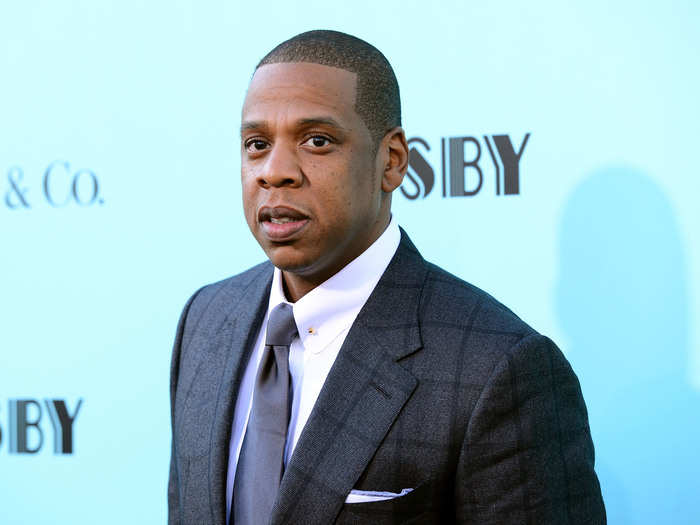
Also in October, Jay Z sparked rumors that Samsung could buy Tidal when he was spotted leaving its offices. Samsung's own music service, Milk Music, has fallen on hard times.

Jay-Z leaving Samsung corp. in Silicon Valley right now pic.twitter.com/AQAJWzL6lq
— Damian Trujillo (@newsdamian) October 15, 2015
In December, 2015, Tidal named former SoundCloud exec Jeff Toig as its CEO. He is the last in a long line.
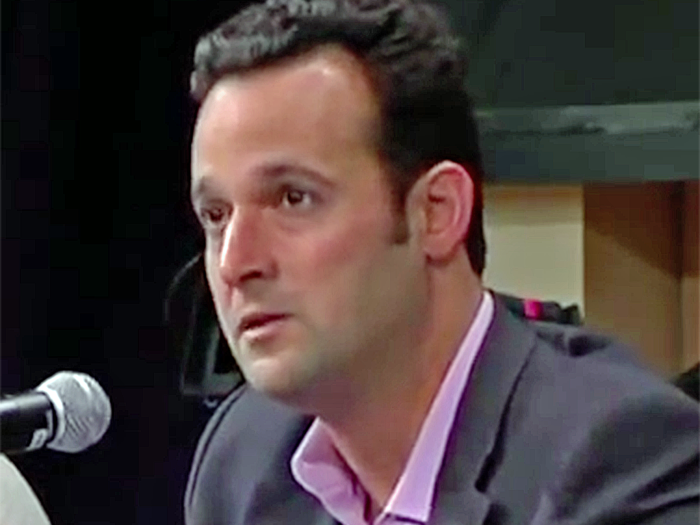
In January, 2016, Tidal suffered yet another PR blow when the service accidentally reactivated the accounts of former customers and charged them (reported on by The Verge).
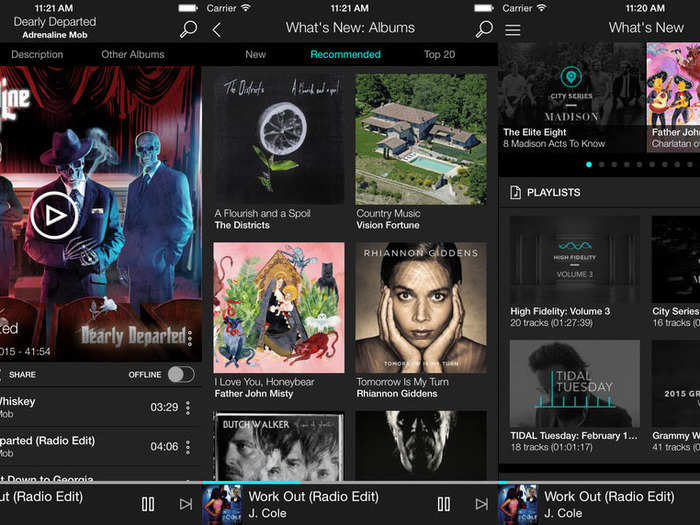
In late January, Tidal's main business plan became clear: exclusives from big-time musicians. The service snagged a one-week exclusive window for Rihanna's "Anti." Though there was a slight snafu, as the album was accidentally released hours before it was supposed to be.
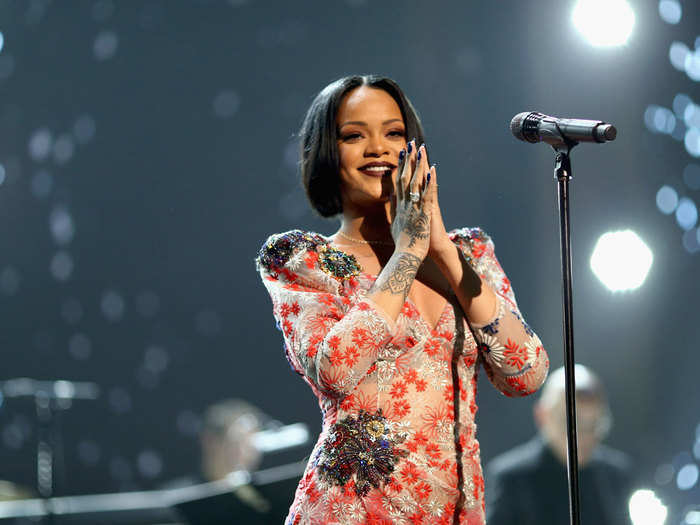
The strategy paid off in downloads. Tidal rocketed up to No. 16 in the app store.
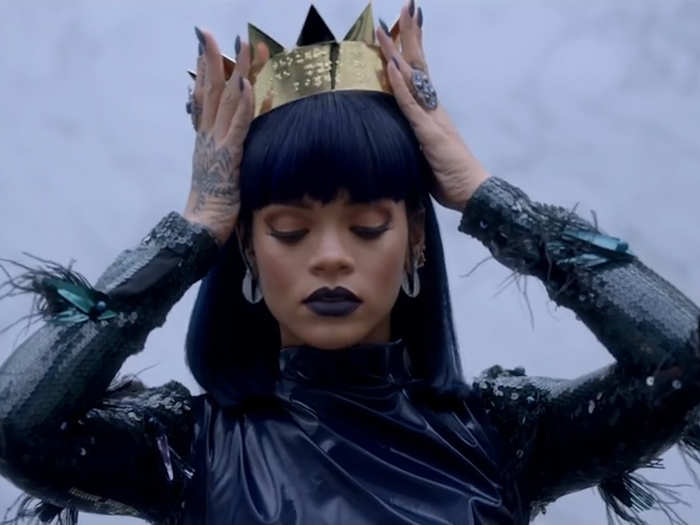
In February, Tidal scored an even bigger exclusive with the release of Kanye West's new album, "The Life of Pablo."
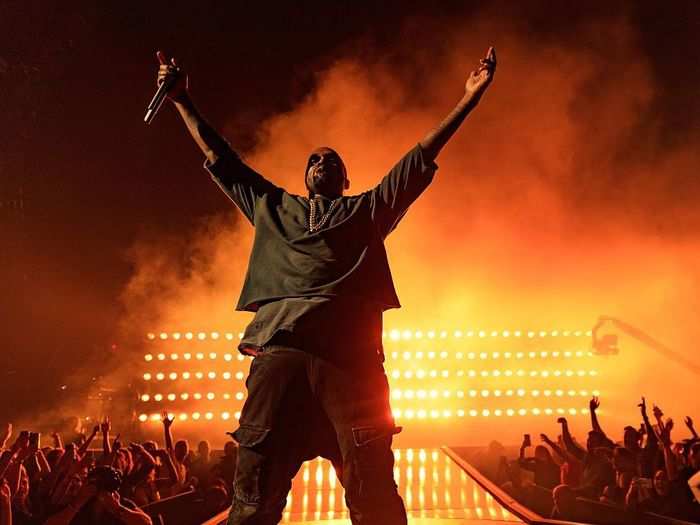
But again there were some problems. West originally had the album available for sale as a download from his site, as well as for streaming. But he quickly changed his mind, removing the ability for users to download it, but not before some had paid cash for a download of "The Life of Pablo" that never materialized. Tidal offered these people free access until a download was made available months later.
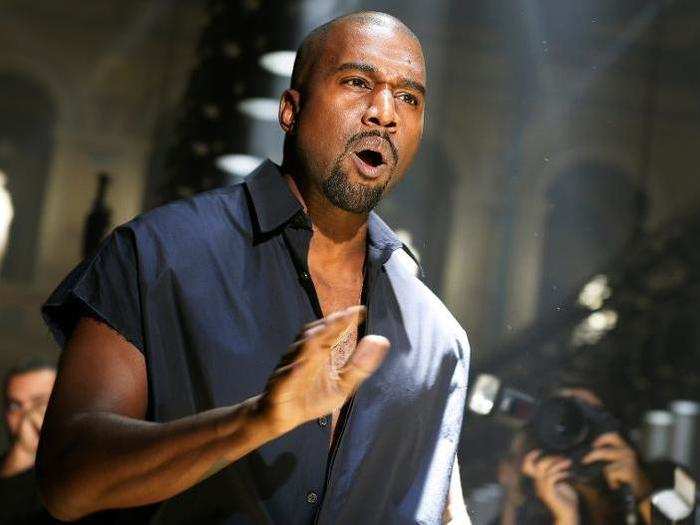
"The Life of Pablo" was also downloaded illegally 500,000 downloads on its first day alone, according to TorrentFreak. This would have been enough to certify it as "gold" if those downloads were from iTunes or official sales.
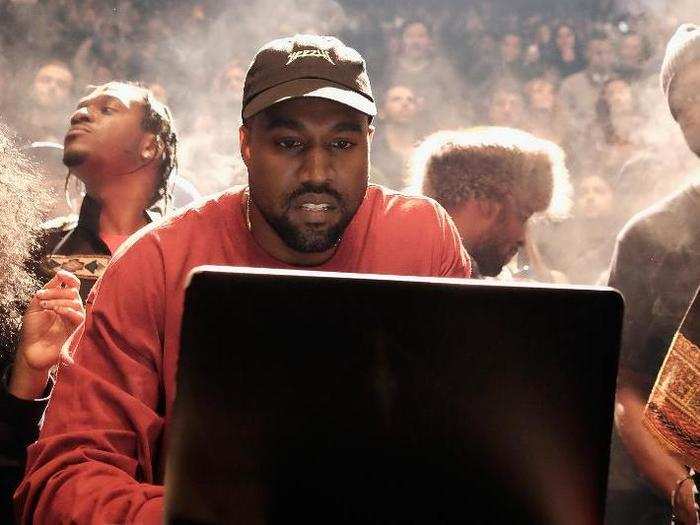
But even so, Kanye vowed that his album would never appear on any other services. "My album will never never never be on Apple," he wrote. "And it will never be for sale. You can only get it on Tidal."
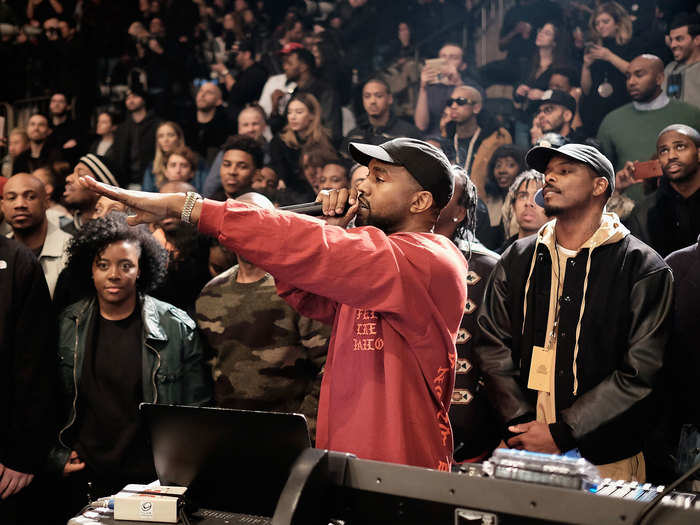
When it did finally hit other services in April, a fan sued West. The lawsuit calls the about-face a "deceptive marketing ploy" and accuses West of "fraudulently inducing customers to subscribe to Tidal."
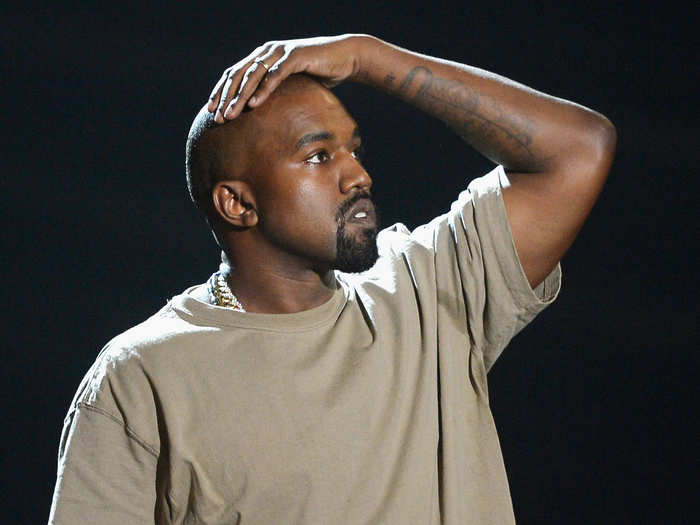
In the first half of 2016, Tidal also had drama over the number of subscribers. CFO Chris Hart was fired over a dispute about how the company handles user and streaming numbers, according to Swedish news site Breakit. COO Nils Juell was removed from his position.
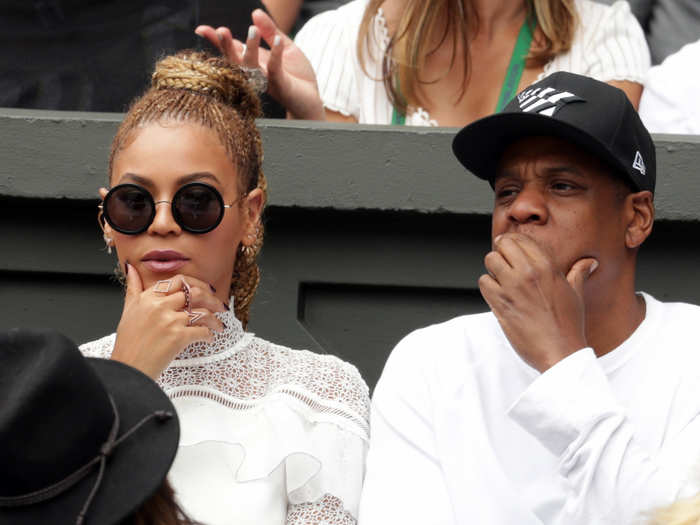
Jay Z also has reportedly prepared what the Nordic business press is calling a "giant lawsuit" against the former owners of the streaming service Tidal — and could try to claim back in the "region of 100 million." He has reportedly written to several of the former major shareholders in Tidal/WiMP owner Aspiro, accusing them of exaggerating how many subscribers the service had when his company bought Aspiro.
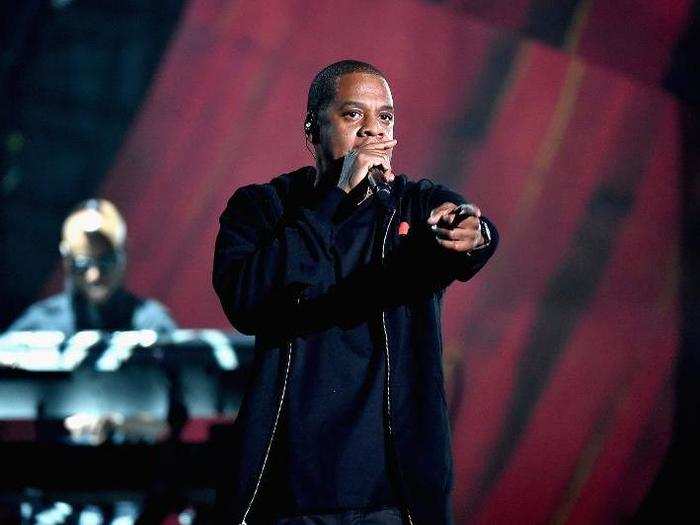
In April, Tidal got the third in its trilogy of blockbuster 2016 exclusive releases when Beyoncé unexpectedly dropped her latest album "Lemonade." All three releases did their job in the short term, shooting the app up the charts. Tidal peaked at No. 16 on the US iOS charts after Rihanna, No. 1 after Kanye, and No. 2 after Beyoncé.
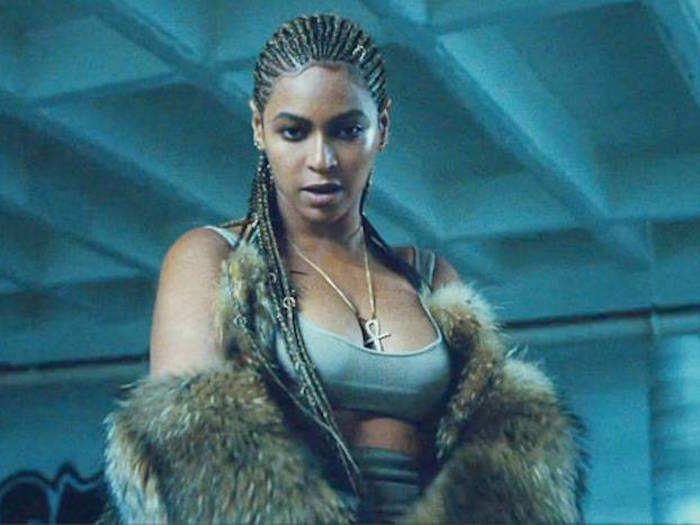
Rival Spotify has repeatedly slammed exclusive releases as being bad for the music industry and bad for artists. But both Tidal and Apple Music seem to see them as central to their business strategy.
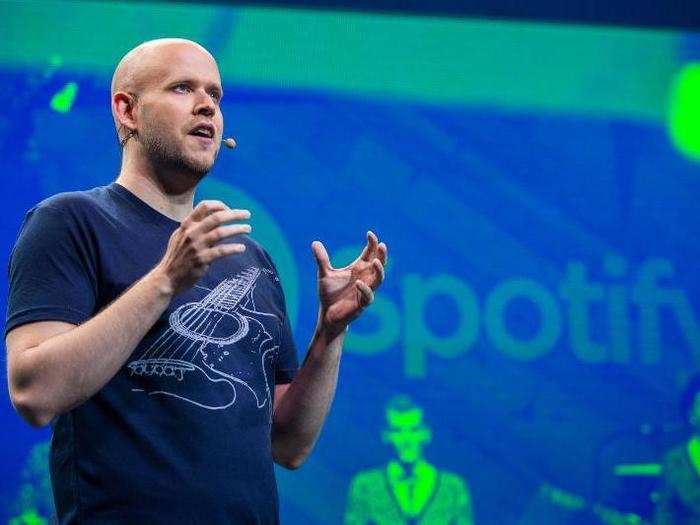
However, whether the users who download Tidal stick around is another question. Data from SurveyMonkey Intelligence suggests the bump from these events could be temporary, and not create loyal Tidal users.
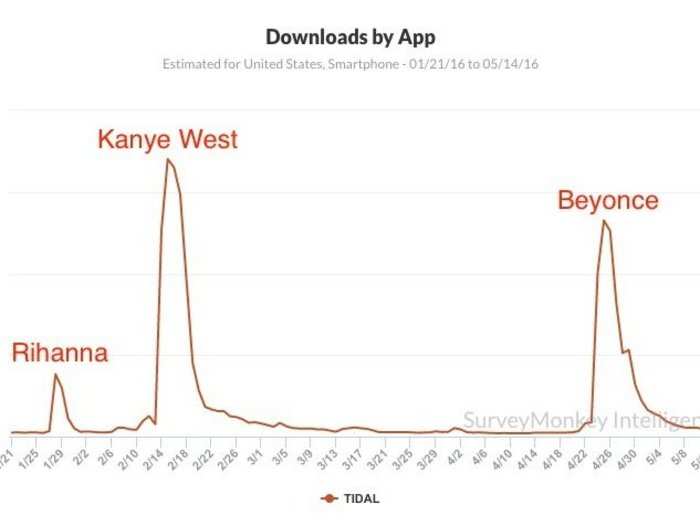
The only official figures we have for Tidal users came in March, when Tidal claimed to have 3 million paid subscribers.

The latest rumors around Tidal were sparked by a series of tweets from Kanye West that suggested Apple was at one time interested in buying Tidal, but had dragged its feet. "Apple give Jay his check for Tidal now and stop tying to act like you Steve [Jobs]," he wrote. "This Tidal Apple beef is f------ up the music game."
![The latest rumors around Tidal were sparked by a series of tweets from Kanye West that suggested Apple was at one time interested in buying Tidal, but had dragged its feet. "Apple give Jay his check for Tidal now and stop tying to act like you Steve [Jobs]," he wrote. "This Tidal Apple beef is f------ up the music game."](https://staticbiassets.in/thumb/msid-53674506,width-700,height-525,imgsize-101590/the-latest-rumors-around-tidal-were-sparked-by-a-series-of-tweets-from-kanye-west-that-suggested-apple-was-at-one-time-interested-in-buying-tidal-but-had-dragged-its-feet-apple-give-jay-his-check-for-tidal-now-and-stop-tying-to-act-like-you-steve-jobs-he-wrote-this-tidal-apple-beef-is-f-up-the-music-game-.jpg)
Popular Right Now
Popular Keywords
- India’s wearables market decline
- Vivo V40 Pro vs OnePlus 12R
- Nothing Phone (2a) Plus vs OnePlus Nord 4
- Upcoming smartphones launching in August
- Nothing Phone (2a) review
- Current Location in Google
- Hide Whatsapp Messages
- Phone is hacked or not
- Whatsapp Deleted Messages
- Download photos from Whatsapp
- Instagram Messages
- How to lock facebook profile
- Android 14
- Unfollowed on Instagram
Advertisement